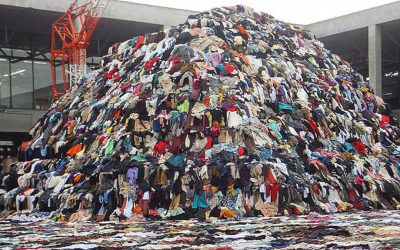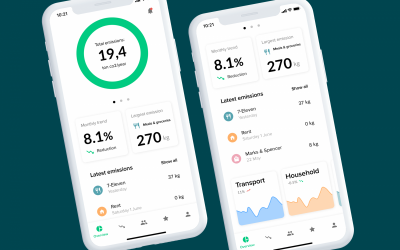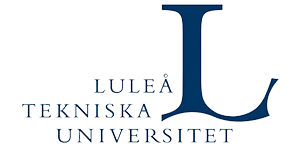Growth to drive the transition to green technology?
Rob Hart, economist and researcher at the Swedish University of Agricultural Sciences has released a new article on what is required for emissions from production to decrease in a system based on economic growth. Rob is also active in Mistra Sustainable Consumption....
New study: how common it is that we throw away our home textiles instead of reusing them
A large pile of textiles that are to be buried in Utsunomiya, Japan. PHOTO: Kiwi Dokokano, CC BY. A new study shows that we very often throw away our home textiles, such as bedding, tablecloths and towels, when we do not want them anymore, even though they can be...
One of the world’s largest conferences on sustainable consumption starts now
Three of the keynote speakers: Emily Kawano, Esteban Kelly and Peter Victor. Photo: SCORAI Today SCORAI 2020 starts, an international conference on sustainable consumption which is being held completely online. During three days everything from social justice to...
Soon we’ll be flying again – Here’s how politicians can help make air traffic greener
Airplanes all over the world are currently grounded, which has temporarily reduced global carbon emissions. But when the world slowly goes back to normal, what can we do with respect to aviation so we don't end up with the same emission levels once again? A new...
This is how your most common consumption choices affects the environment
In this new report it’s being described how consumption of 218 different products and services affects the emissions of greenhouse gases, land- and water use. The products and services in this mapping are ones that are consumed by many Swedish consumers. But also ones...
New book: What research is needed to steer society towards sustainable consumption?
Sustainable consumption requires political governance and social responsibility. But who will apply the governance? And who must take responsibility? The book Research Agenda on Sustainable Consumption Governance points out what we should research in the coming years...
New article: How can oat milk help us to rethink our society?
By studying the work of the Swedish company Oatly on adequacy, we see what strategies the food industry can use to become more environmentally friendly. Read the full study by Matthias Lehner of Lund University, among others, here
The transition of aviation – is aviation tax or a requirement for biofuel the best?
A new licentiate thesis examines climate policy instruments to reduce emissions from air travel. It highlights the importance of action at international, national and local level. And the results, surprisingly, show that many measures occur locally. It has been...
Scientific article on methods for climate calculators
David Andersson has published an article about the calculation methodology based on economic data from users’ banks that is used in the climate calculation app Svalna. In the article, he examines advantages and disadvantages and possibilities for standardising future...















